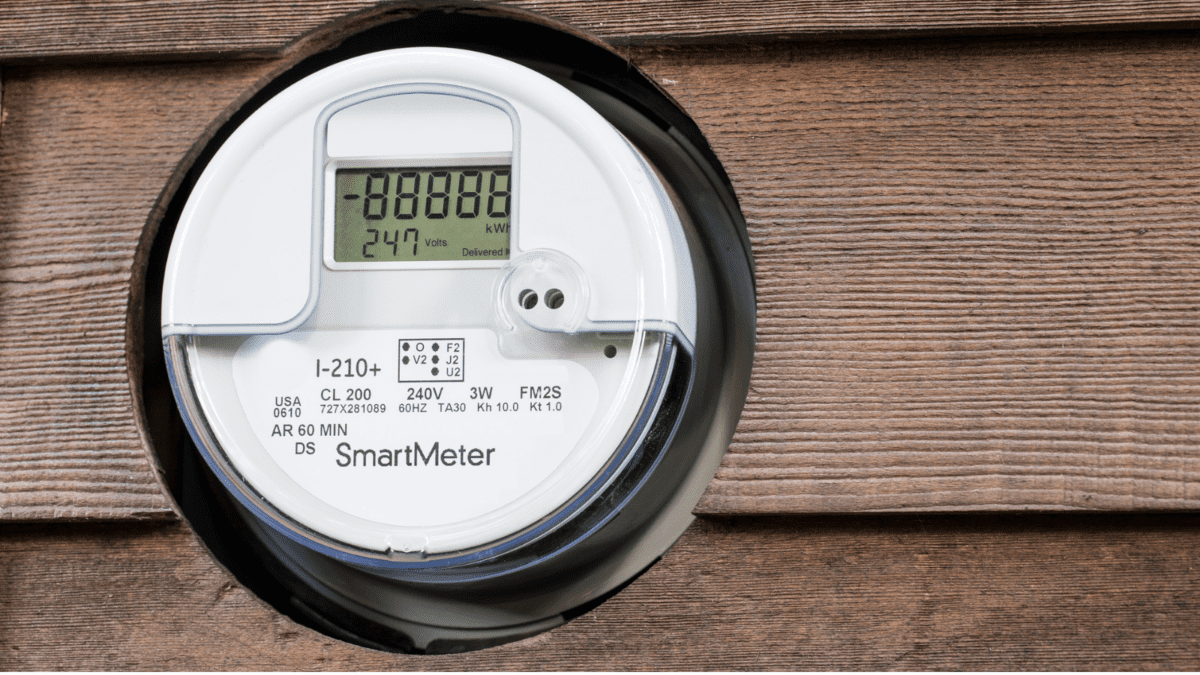China moves to pull the plug on iron ore
You might recall that earlier in the year, Australia managed to pull off two rip-roaring quarters of economic growth, following last year’s recession, in which GDP fell 7%. That came in the wake of the crippling pandemic, which smashed exports, adding to the destruction China’s trade tariffs had already caused. According to Guardian Australia, in the last quarter of 2020, Australia exported nearly $14 billion less than it had a year earlier – a 12% fall.

COVID-19 restrictions impacted the economy; for example, inbound and outbound international travel is expected to remain low through to mid-2022. Despite the gloom, Australia’s seasonally adjusted gross domestic product (GDP) rose 1.8% in the March 2021 quarter, to be 1.1% higher than a year ago. That comes on top of a strong rebound in the September (3.5%) and December (3.2%) quarters.
Those two quarters represented the highest quarterly growth on record. How is that possible when the pandemic crushed most exports?
Two words… iron ore.
While just about every export, LNG gas and coal included, posted big falls, iron ore demand kept rising and rising during the pandemic, while everything else fell. And because Brazil’s Vale is still not back to full operations owing to its tailings-dam collapse, Australia’s Rio Tinto, BHP and Fortescue Metals collectively exported around 893 million tonnes of iron ore in the year to June 30. That’s well over double the volume shipped when prices were at similar levels in February 2011.
Historically, iron ore reached an all-time high of US$229.50 a tonne in May 2021, up from its low of US$55 in 2019.
Soaring iron ore prices helped fuel larger tax revenues, which enabled the Coalition government to spend big on Job Keeper and JobSeeker packages.
According to miner Atlas Iron, “combining royalties and company tax paid by WA iron ore operations reveals they contributed about $23 billion to both the State and Federal governments’ bottom lines in 2019-20. That is nearly 60 per cent of the $39.3 billion total tax and royalties paid by the entire national mining sector last year, as estimated by Deloitte in a report commissioned by the Minerals Council of Australia.” In fact, iron ore exports added about 2.5 percentage points to nominal GDP over the past year, and provided shareholders of the iron ore miners with the kind of fat dividends usually paid by the banks.
The iron ore boom has grown our economy larger than Brazil’s and on par with Russia’s, just over 12 months after the start of the COVID-19 pandemic. Fast-forward to today, and that punching-the-air iron ore story, looks to be fading.
China is gate crashing our iron ore party and pulling the plug.
And it’s no surprise. Iron ore at levels above US$200 a tonne was never expected to be sustained for too much longer. Treasurer Josh Frydenberg predicted, “If the iron ore spot price were to remain elevated until the end of the March quarter 2022, before falling to US$55 per tonne FOB (free on board), nominal GDP could be around $1.1 billion higher than forecast in 2020-21 and $48.7 billion higher in 2021-22. This would increase tax receipts of around $100 million in 2020-21, $5.5 billion in 2021-22 and around $6.9 billion in 2022-23.”
Reading media headlines this week, one sees: “China slashes steel exports to Australia by 50 per cent to ‘wean’ itself off nation’s iron ore industry” and “Brazil’s iron ore is back”. It’s only a matter of time before iron ore falls back to earth.
It looks like China has figured out a way to hit Australia where it hurts. Beijing has slashed steel exports by more than 50 per cent, which would directly weigh on Australia’s infrastructure construction and economic expansion plans. Australia relies heavily on China’s steel imports. As our economy rebounds and construction begins, demand for steel will rise as more houses and infrastructure is built i.e. Melbourne Metro Tunnel and Freeways.
China cannot source such high-grade iron ore in such quantities from anywhere else in the world. The same can be said about Australia finding steel, where China is by far the largest steel manufacturer.
According to news.com.au, “China relies on Australia for 60 per cent of its iron ore imports. This represents about 70 per cent of Australia’s iron ore production. The Beijing report states Australia relies on China for 30 per cent of its processed steel. But exports to Australia represent just 1 per cent of China’s output.” A correction was largely expected, with some analysts predicting a US$175 a tonne average price target on iron ore in the upcoming December quarter.
After Australia called for an investigation into the source of the Covid-19 pandemic, Beijing has sought to punish Australia for daring to speak-up to the emerging world power. So far, Beijing’s bullying hasn’t worked. China wants to slash steel exports to Australia, but must be careful that such restrictions on steel production will only bite where it hurts most, economic growth. It’s a risky game.









